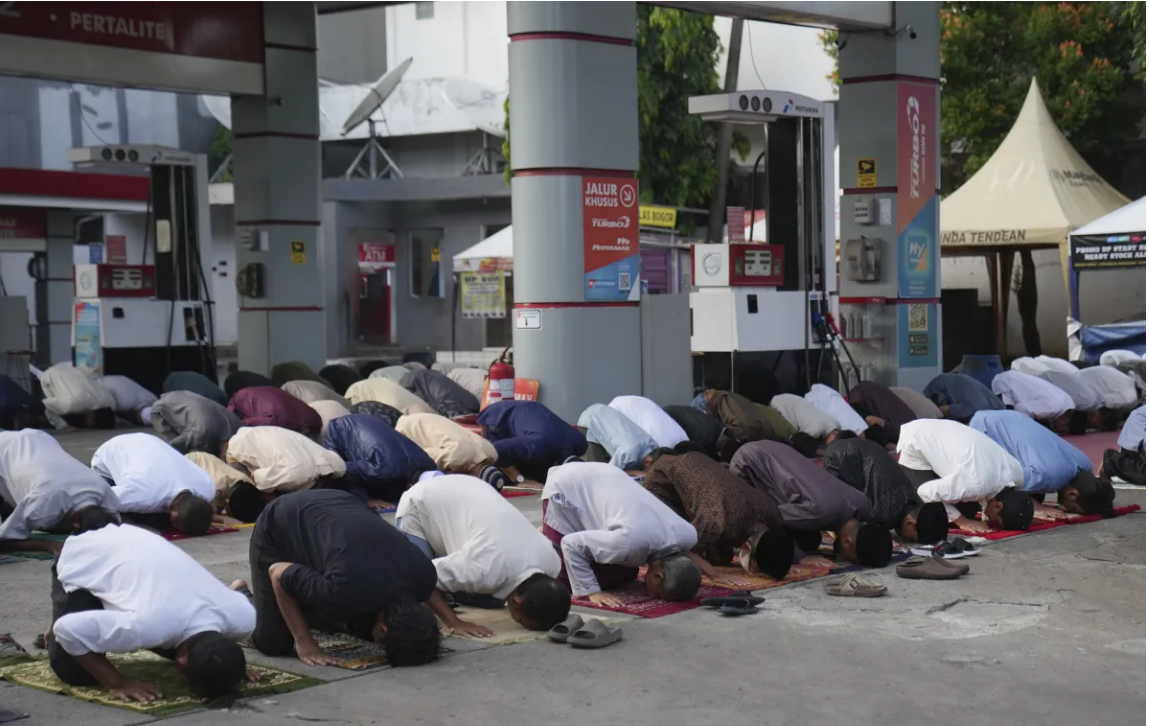Media Censorship and Press Freedom in Tamil Nadu
Safety, laws, support systems
Tamil Nadu, a state known for its vibrant political culture and active media landscape, presents an intriguing case when it comes to press freedom. While it has historically been home to some of India’s most respected newspapers, channels, and journalists, recent years have witnessed growing concerns over censorship, intimidation, and the shrinking space for dissenting voices.
📰 A Tradition of Strong Journalism
Tamil Nadu boasts a proud tradition of independent journalism. With Tamil newspapers like Dinamani, Dina Thanthi, and The Hindu (English) headquartered in Chennai, the state has long been a media hub. However, as the line between politics and media ownership blurs, the ability to remain objective and critical has been challenged.
⚖️ Legal Pressures and Political Backlash
Journalists in Tamil Nadu have increasingly found themselves targeted for stories that question authority or expose local corruption.
- Defamation cases are frequently used by powerful individuals as a legal tool to silence reporters. Even a simple opinion article or social media post can sometimes lead to a First Information Report (FIR).
- In some high-profile cases, reporters have been detained or questioned for interviewing protesters or sharing controversial news clips.
- Whistleblowers and investigative reporters risk being harassed or stalked online, and in some instances, even physically threatened.
📲 Online Trolling and Intimidation
The digital age has opened new spaces for journalism, but it has also exposed Tamil journalists—especially women and independent voices—to vicious trolling, threats, and cyberbullying.
- Many are trolled simply for presenting alternative narratives.
- Coordinated smear campaigns and fake news tagging have been used to delegitimize or scare independent digital media outlets and citizen reporters.
🔐 The Censorship Dilemma
While Tamil Nadu doesn’t face state-level censorship in the same way some authoritarian regimes do, self-censorship is a rising concern.
- Many media houses, owned or influenced by political or corporate interests, avoid publishing critical content.
- Reporters admit to “toning down” sensitive topics to avoid legal or physical retaliation.
🛡 Existing Laws and Support Systems
India guarantees freedom of speech under Article 19(1)(a) of the Constitution. However, the presence of colonial-era laws like Section 124A (sedition) and Section 66A of the IT Act (struck down but often referenced) have been used to intimidate journalists.
- Tamil Nadu does not yet have a state-level journalist protection law like Maharashtra.
- However, organizations like the Press Council of India, Network of Women in Media, India (NWMI), and local journalist unions provide moral and legal support to embattled reporters.
🌈 The Way Forward
For Tamil Nadu to continue its legacy as a cradle of journalism, steps must be taken to safeguard media freedom:
- Enacting journalist protection laws,
- Promoting media literacy to counter misinformation,
- Creating independent regulatory bodies to address grievances fairly, and
- Encouraging public support for independent media.
✊ Final Thought
Press freedom is not merely a media issue it’s a democracy issue. Tamil Nadu, with its educated population and deep-rooted media culture, must lead by example in preserving the space for fearless, ethical, and people-centric journalism.



